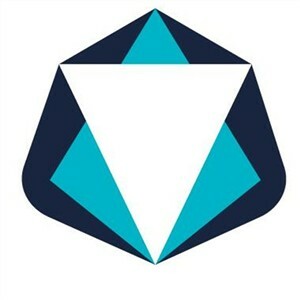
Articles
How AI Is Changing Custom CRM Software Development

Share this post
We often say a custom CRM without AI today is like a phone without apps—functional, yes, but missing the point. For any CRM Software Development, and especially a crm software development company , the rules of the game have changed. AI isn’t just another checkbox feature; it’s the reason CRMs are suddenly smarter, faster, and occasionally more opinionated than their human users.
The AI Edge in CRM
AI in CRM is like that teammate who shows up with answers before you even ask the question. Predictive insights tell you who’s likely to churn, chatbots take care of repetitive queries, and workflow automation removes hours of drudgery. Sentiment analysis even helps spot whether your customer’s “Fine” actually means “Not fine.”
Customization Reimagined
Custom CRMs once meant tweaking layouts or adding modules. Now, AI means adaptive dashboards, auto-cleaning messy data, and recommending features you didn’t know you needed. We’ve built systems that learn user behavior over time—one client joked their CRM “knew them better than their spouse.” We didn’t argue.
The Not-So-Perfect Side
Of course, AI isn’t flawless. Feed it bad data and you’ll get hilariously wrong predictions (we once saw classified as a prime lead). Bias, privacy concerns, and the need for explainable results are very real. Plus, models degrade without regular retraining—AI is more like a puppy than a statue; ignore it and things get messy.
Why U.S. CRM Companies Are Adapting Fast
A crm software development company in USA can’t ignore this shift. Clients now demand predictive analytics, voice-enabled CRMs, and real-time dashboards. Development teams are hiring data scientists, moving to cloud platforms, and building guardrails for compliance. AI isn’t “nice to have” anymore—it’s table stakes.
Anecdote from the Field
Once, our AI assistant marked mid-sized accounts as “low priority.” Why? The training data was skewed. Our client nearly missed a growth market. We fixed it quickly, but the lesson stuck: AI can be brilliant, but it still needs human supervision (and occasional scolding).
Conclusion
AI is turning CRMs from passive databases into active decision-makers. For any crm software development company in USA, the challenge is balancing automation with transparency. The reward? CRMs that not only support your team but anticipate what comes next—without ever asking you to wear bell-bottoms.
FAQs
What is AI in CRM?It’s using machine learning, automation, and NLP to make CRMs predictive and intelligent.
Does AI replace sales teams?No—AI handles routine tasks so humans can focus on relationships.
Is integrating AI expensive?It adds cost, but ROI is often higher through better conversion and retention.
How do you ensure data privacy?By anonymizing data, following GDPR/CCPA, and using strict access controls.
Which industries benefit most?SaaS, finance, healthcare, and e-commerce thrive with AI-driven CRMs.





